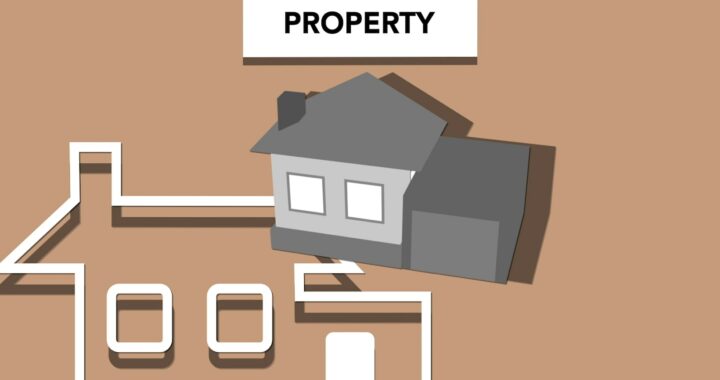
How to Invest in Real Estate During a Recession: Expert Tips And Strategies
When it comes to investing in real estate during a recession, many people are understandably hesitant. The uncertain economic climate and market volatility can make it difficult to know where to start. However, with the right strategies and a clear understanding of the market dynamics, investing in real estate during a recession can actually present unique opportunities for savvy investors.
One key aspect to consider when investing in real estate during a recession is the concept of value. During economic downturns, property prices tend to decrease, creating potential bargains for those looking to buy. By carefully analyzing market trends and identifying undervalued properties, investors can capitalize on these opportunities and acquire assets that have the potential for significant appreciation once the economy recovers.
How to Invest in Real Estate During a Recession
Mitigating Risks in Real Estate Investments During a Recession
When it comes to investing in real estate during a recession, understanding and mitigating risks is crucial. Economic downturns can pose challenges, but they also present opportunities for savvy investors. Here are some strategies to help navigate the uncertainties:
- Research and Due Diligence: Thoroughly research market conditions and analyze historical data to identify areas that have shown resilience or potential for growth even during recessions. Look for locations with diverse industries, strong employment rates, and stable housing demand.
- Cash Flow Considerations: Prioritize investments that generate positive cash flow from rental income. This can act as a buffer during economic downturns when property values may decline temporarily.
- Diversification: Spread your investments across different types of properties and locations to minimize risk exposure. Diversification helps ensure that any negative impact on one investment doesn’t significantly affect your overall portfolio.
Identifying Promising Real Estate Opportunities Amidst Economic Downturns
While recessions can dampen overall real estate activity, there are still promising opportunities worth exploring:
- Distressed Properties: During a recession, distressed properties may become available at discounted prices due to financial hardships faced by owners or foreclosures. These properties often require renovation or repairs but can offer substantial returns if bought at the right price.
- Rental Market Demand: As more people opt for renting rather than purchasing homes during uncertain economic times, investing in rental properties becomes an attractive option. Look for areas with high rental demand and favorable rental yield potential.
- Government Incentives: Keep an eye on government initiatives aimed at stimulating the economy during a recession. These may include tax incentives or programs designed to encourage real estate investment in certain areas. Researching and leveraging these incentives can provide additional advantages for investors.

Identifying Opportunities in a Declining Real Estate Market
When it comes to investing in real estate during a recession, it’s crucial to have a keen eye for identifying opportunities. While the market may be experiencing a downturn, there are still potential avenues for profitable investment. In this section, I’ll share some key strategies that can help you identify these opportunities and make informed decisions.
- Research Local Market Conditions: Start by thoroughly researching the local real estate market conditions. Look for indicators such as declining property values, increased inventory levels, and longer days on the market. This information will give you an understanding of the current state of the market and help you gauge its potential for recovery.
- Focus on Cash Flow Properties: During a recession, cash flow becomes even more vital. Look for properties that have strong rental demand and offer positive cash flow from day one. These properties can provide you with steady income during uncertain times and act as a cushion against any potential value depreciation.
- Target Distressed Properties: A declining market often leads to an increase in distressed properties such as foreclosures or short sales. These properties can present excellent opportunities for investors willing to put in some extra effort. However, proceed with caution and conduct thorough due diligence before making any purchase decisions.
- Build Relationships with Local Professionals: Networking is key when it comes to finding great deals in a declining real estate market. Establish relationships with local real estate agents, property managers, lenders, and other industry professionals who have their pulse on the market. They can provide valuable insights into upcoming foreclosure auctions or motivated sellers looking to offload their properties quickly.
- Be Patient and Prepared: Investing during a recession requires patience and preparedness. The process may take longer than usual as sellers might be hesitant or negotiations could be more challenging due to economic uncertainties. Stay focused on your investment goals while being flexible enough to adapt your strategies based on changing market conditions.
Remember, investing in real estate during a recession carries inherent risks. It’s important to conduct thorough research, seek professional advice when needed, and diversify your portfolio to mitigate potential downside risks. By following these strategies and staying informed about the market dynamics, you can position yourself for success even in challenging times.





